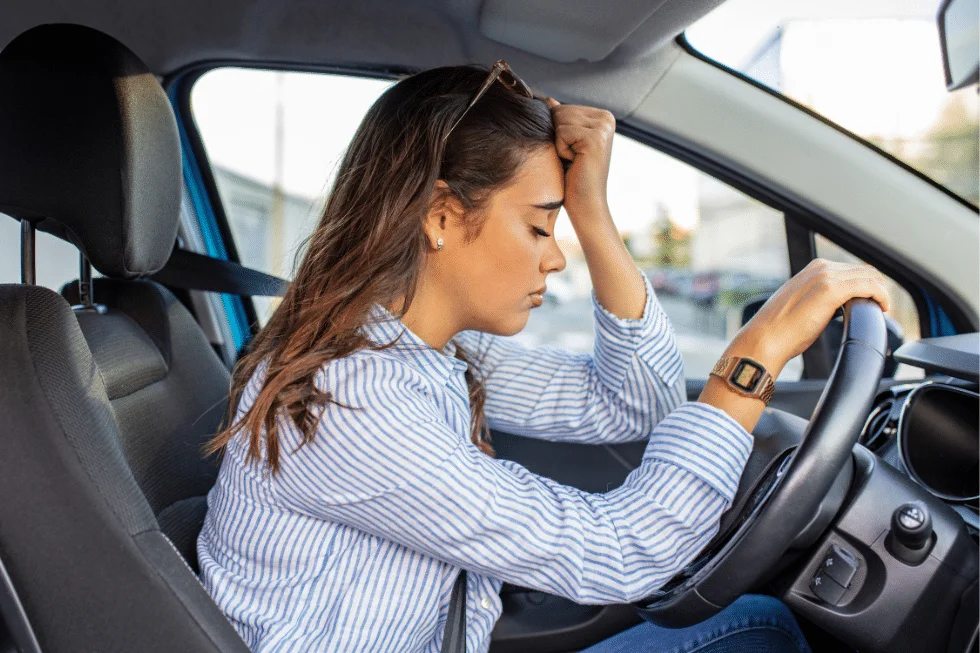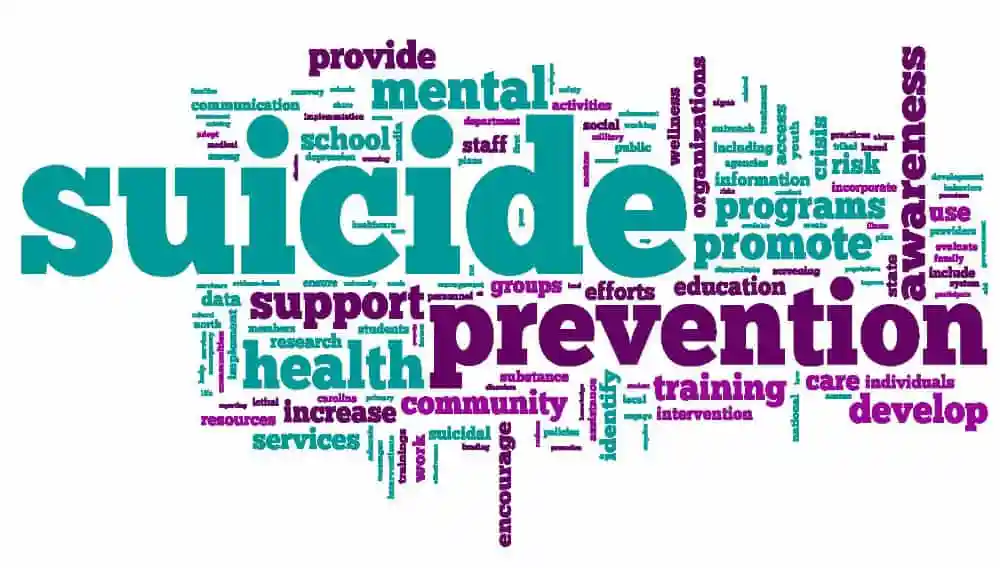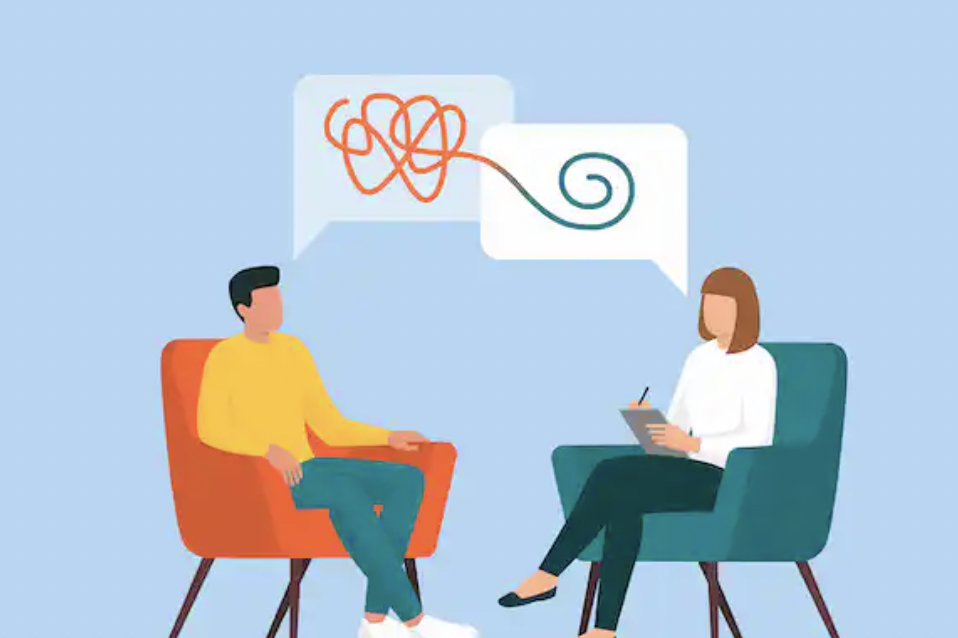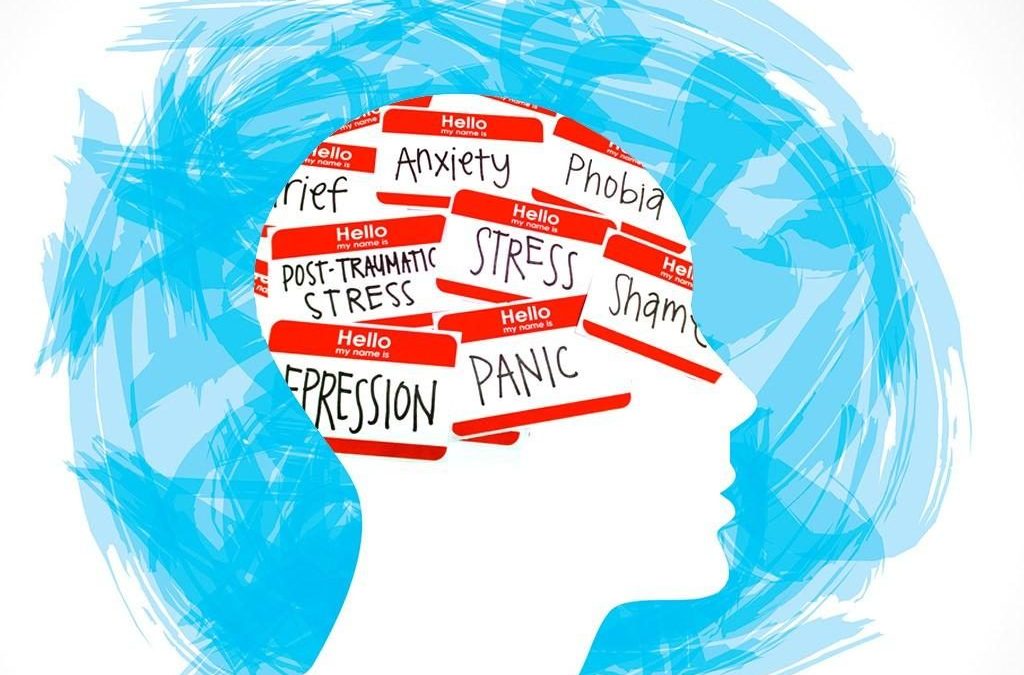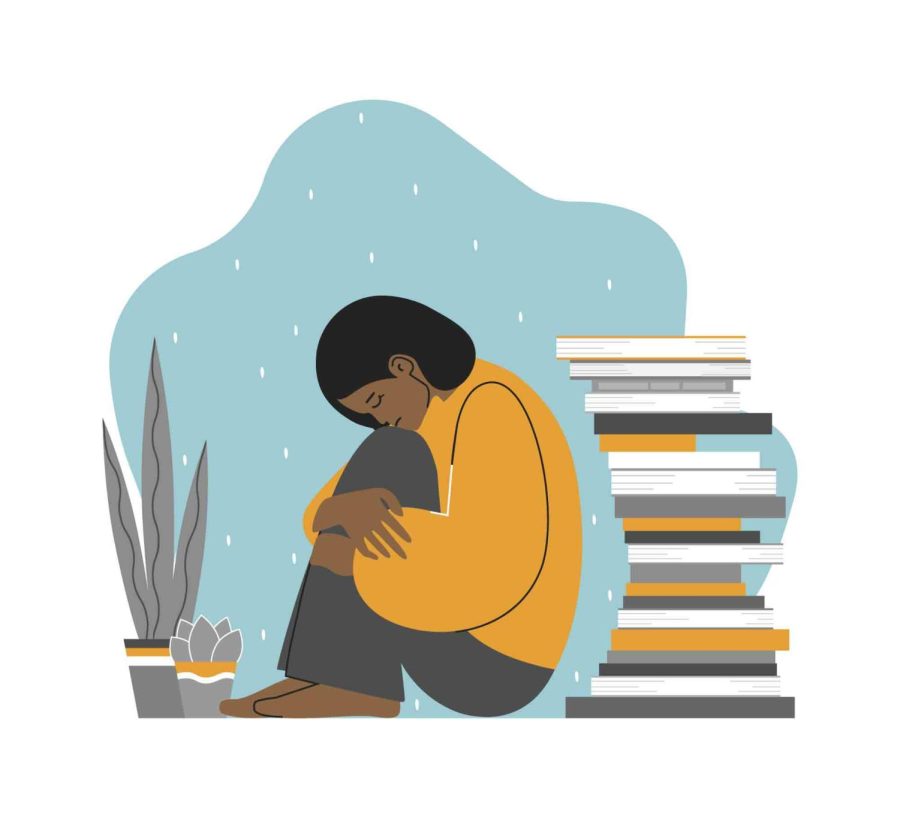Why do I get nervous driving?
Driving seems easy, but there’s more to it than just turns and using your signals. If you’re learning to drive or have started to learn, please be sure to read and fully understand your state’s rules of the road to protect yourself against collisions, ensuring safety, preventing accidents, and helping you make traffic flow more efficiently. Adhering to these laws protects you, other drivers, and pedestrians from harm. This helps avoid legal penalties like fines and reduces stress by creating a predictable and orderly driving environment. If you are unsure about driving, stay off the road. Driving takes not only your attention, but it also takes skills and a good mentality.
While driving or anticipating driving, driving anxiety includes a range of physical and psychological symptoms, such as heart racing, sweating, and shortness of breath, along with a persistent feeling of fear.
Who found out about driving anxiety? What causes it? The term “driving anxiety” wasn’t discovered by one person but rather recognized over time by multiple researchers and clinicians who observed patterns in people’s behavior. Early studies show that in the 1980s, researchers began to formally identify the fear of driving as a distinct phenomenon, often connecting it to trauma from car accidents or to panic attacks experienced while driving. Other events that can cause anxiety are when you’re driving through severe weather, getting lost, or experiencing road rage can also be traumatic. You may also develop anxiety if you have witnessed a serious accident or if a loved one was seriously injured in one. New or infrequent drivers may feel unsure about their skills. Even experienced drivers can feel anxious if they are in an unfamiliar situation or if they feel overwhelmed by the responsibility of driving safely.
I have asked Mr. Callaway, as an experienced driver, if he ever feels overwhelmed when driving, and why. He responded by claiming, “I only feel overwhelmed when driving in lots of traffic, in a city I haven’t driven in before, or bad weather like heavy rain or on icy roads. I feel overwhelmed because I don’t feel like I am in total control of what happens around me in those settings.” I also asked him if he had any advice to give to the younger generation who are starting to drive on the roads, and he shared, “My advice is to slow down, follow the speed limit, and be a defensive driver. Anticipate what others are going to do and be ready to respond to those actions. Limit the amount of distractions (friends, loud music, food, and cell phone) while you drive.”
Focused driving is crucial when you have driving anxiety because anxiety can hijack your attention and impair the cognitive functions needed for safe driving. By intentionally focusing on the roads and surroundings, you can reduce mental distractions and prevent your fears from overwhelming you. Some people never have driving anxiety, and some people never fully get rid of it; they just learn to live with it. If you struggle with driving anxiety, it can be helpful to remember that it’s a common and treatable issue. The core of managing this fear is to gradually face it rather than avoid it, while using relaxation techniques and other tools to build your confidence. Practicing focused and mindful driving can help counter the negative effects of anxiety and improve safety.

